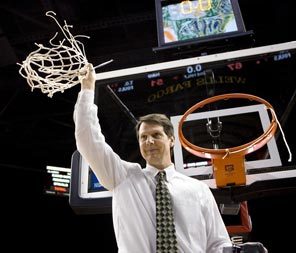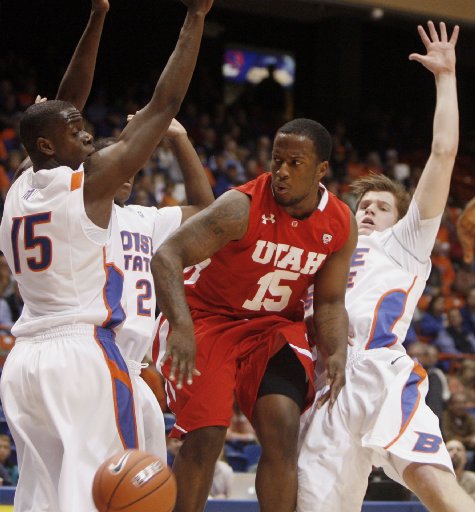Washington State: 2011-12 Post-Mortem
Posted by Connor Pelton on April 16th, 2012Over the course of the next two weeks, the Pac-12 Microsite will break down each team’s season: what went well, what didn’t, and a look ahead at the future. Today’s subject: Washington State.
What Went Wrong
Washington State was plagued by inconsistencies in shooting especially from three-point range all season long. Their season was simple in a lot of ways; when they would shoot the three well, they’d win games. But when the touch was missing, boy was it missing. That led to mind-boggling losses against teams like UC Riverside, Utah, and Arizona State, which cost the Cougars a possible NIT bid. Some bad luck struck Pullman in late-January, when just after senior guard Faisal Aden went down for the season with an ACL tear just as he was hitting his stride. He suffered the leg injury after playing just 11 minutes at Arizona on January 26, a game the Cougars would go on to lose by 24. The injury would hurt Washington State physically and mentally, as they would lose four of their next six games. That dropped them to 13-13 with just two weeks to play in the regular season.

Coach Ken Bone wished he could have cut down the nets again after a CBI Championship, but advancing to the three-game championship series of a postseason tournament was still a solid way to end the season. (credit: Don Ryan)
What Went Right
The Cougars were able to develop a pair of hybrid players in junior Brock Motum and senior Abe Lodwick. By seasons end, both were viable threats from both the paint and outside of three-point line, making things incredibly tough on opposing defenses. The newcomers were also solid and came up big at different times throughout the season. Freshman DaVonte Lacy quickly earned playing time as a combo guard early in the year, and did he ever make the most of it. Lacy averaged 8.5 PPG to lead the newcomers in 26.6 minutes of action. Junior shooting guard Mike Ladd came up big at times, and while only averaging 5.4 PPG, he threw in a pair of 13-point performances in hostile environments against Gonzaga and Oregon. Sophomore forward D.J. Shelton had a great season as well, averaging 4.7 PPG to go along with 2.9 RPG. Shelton’s best game by far came against his father’s old school in Washington State’s February 9 meeting against Oregon State in Corvallis. Shelton led the Cougs to an 83-73 victory and added 14 points and nine rebounds.












































